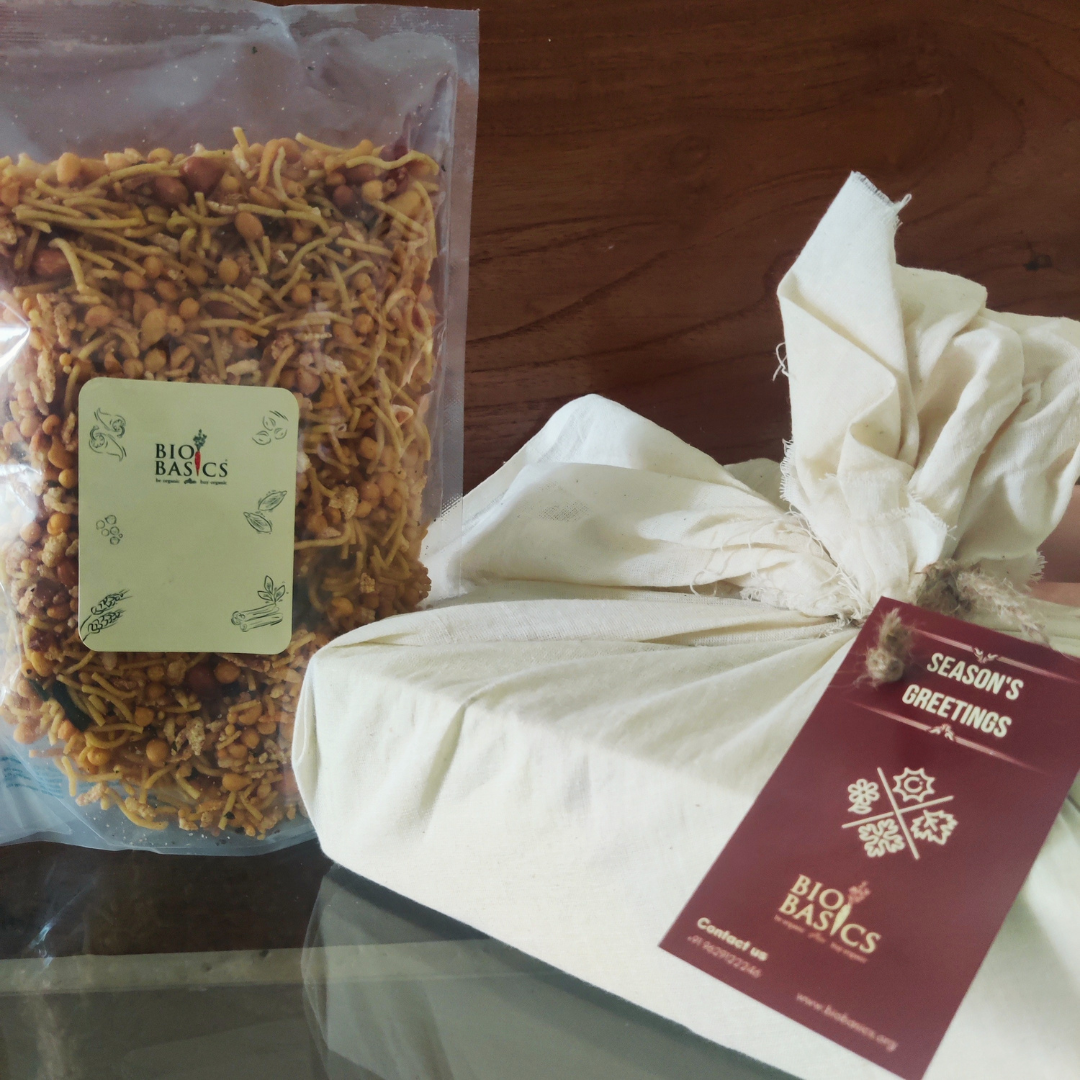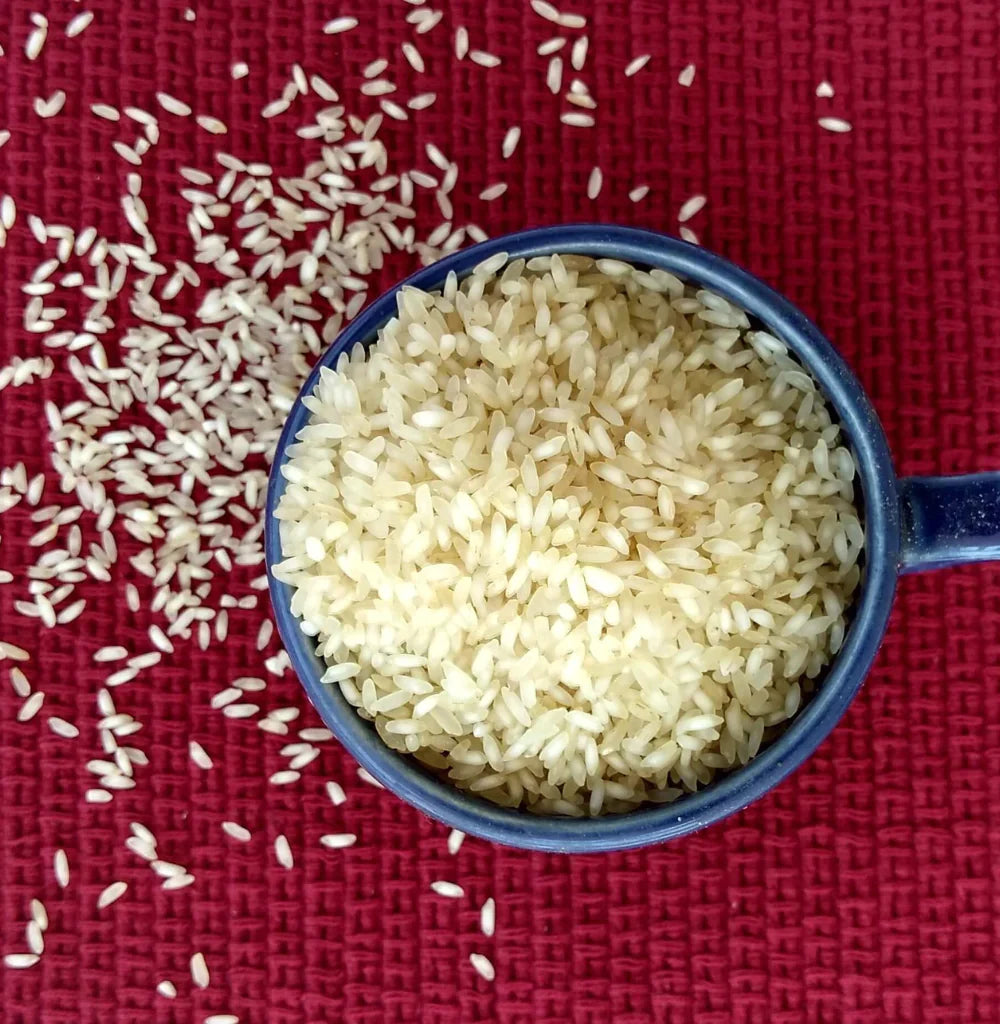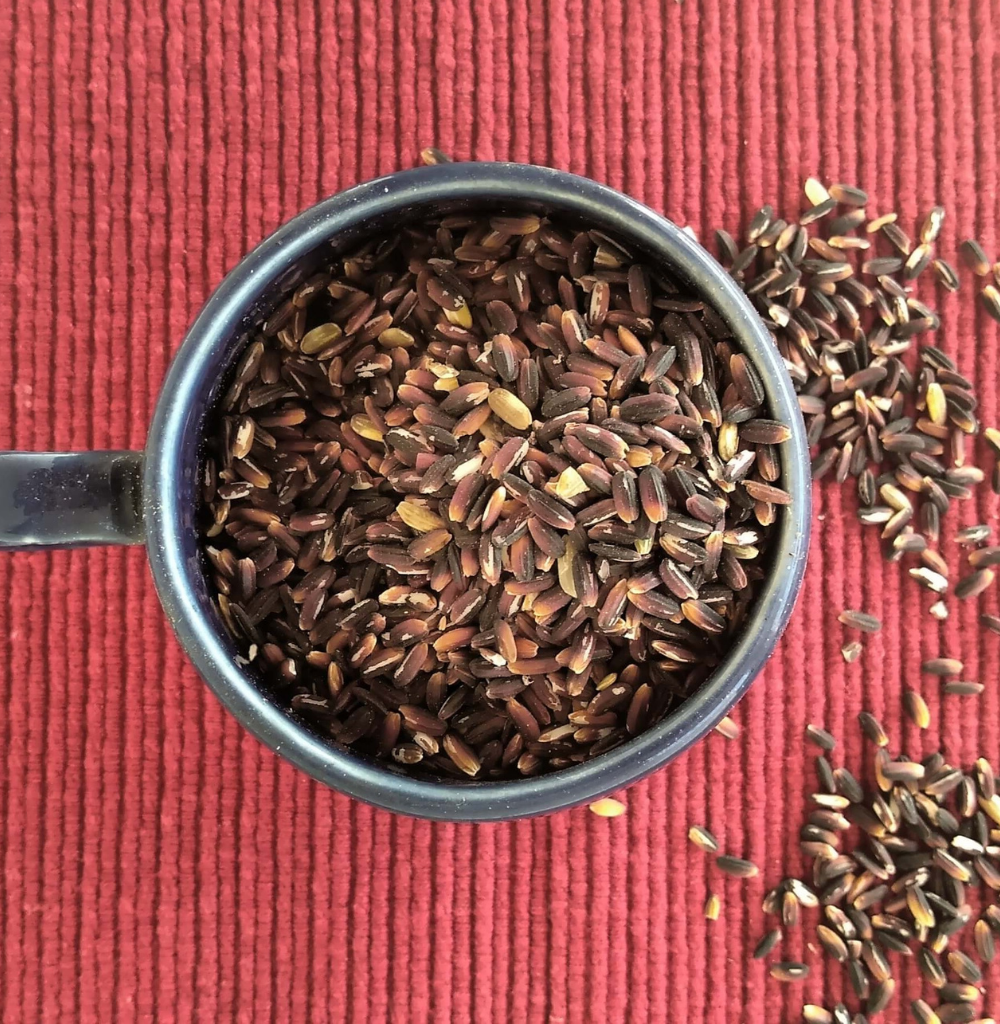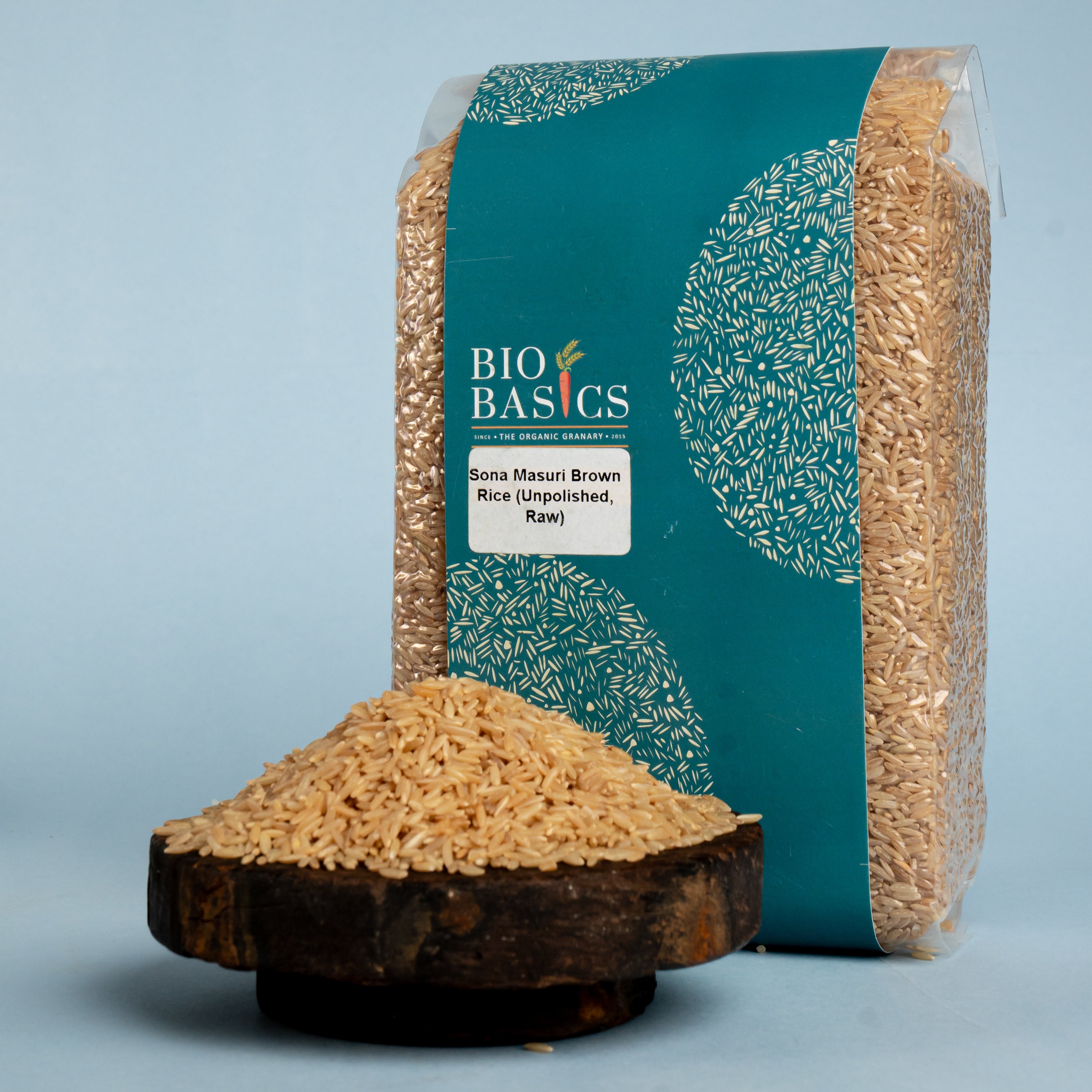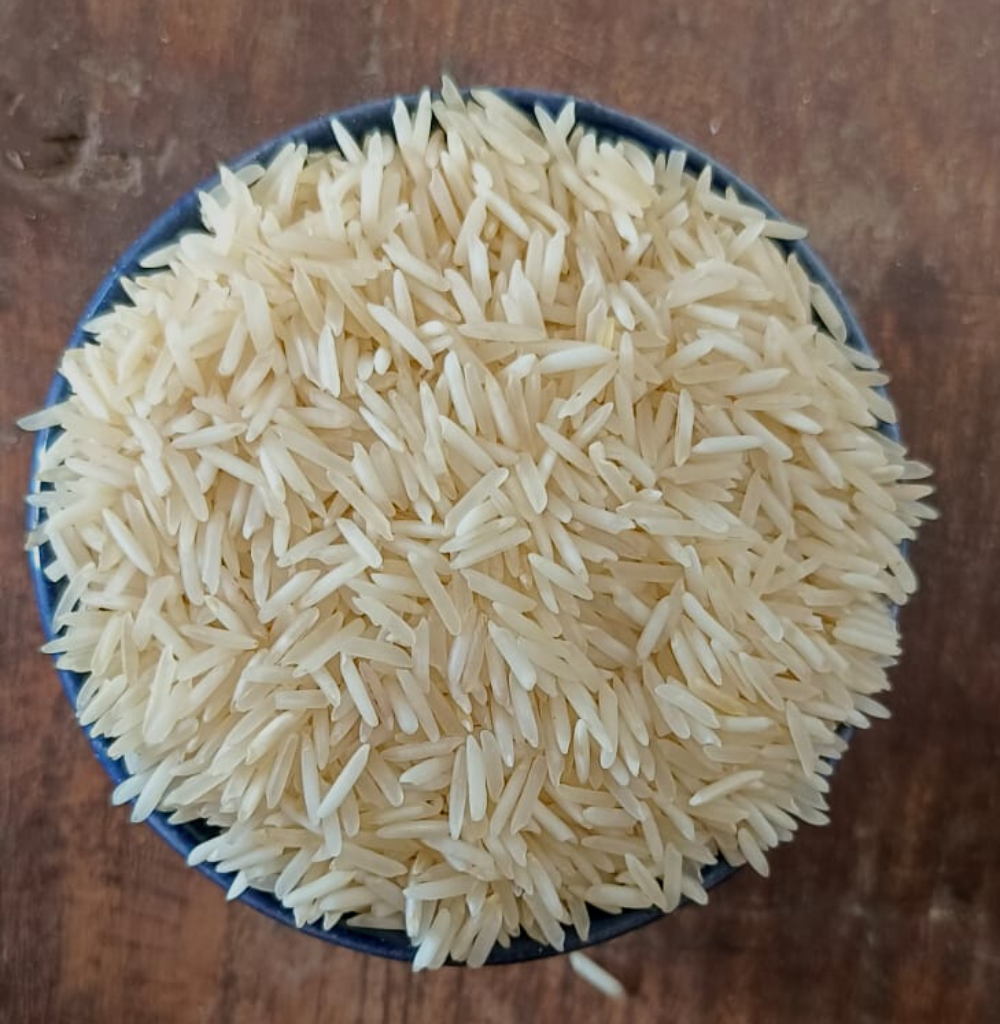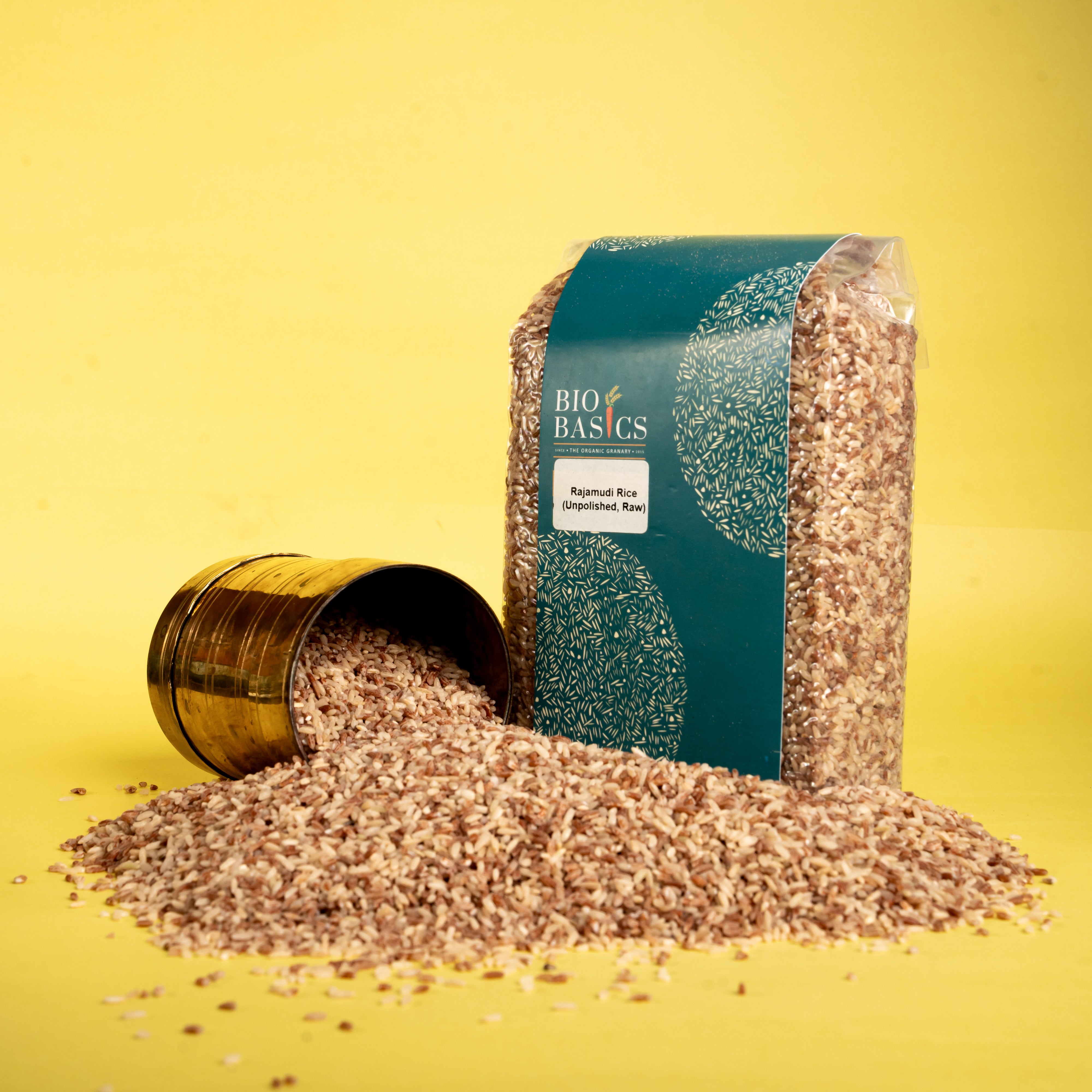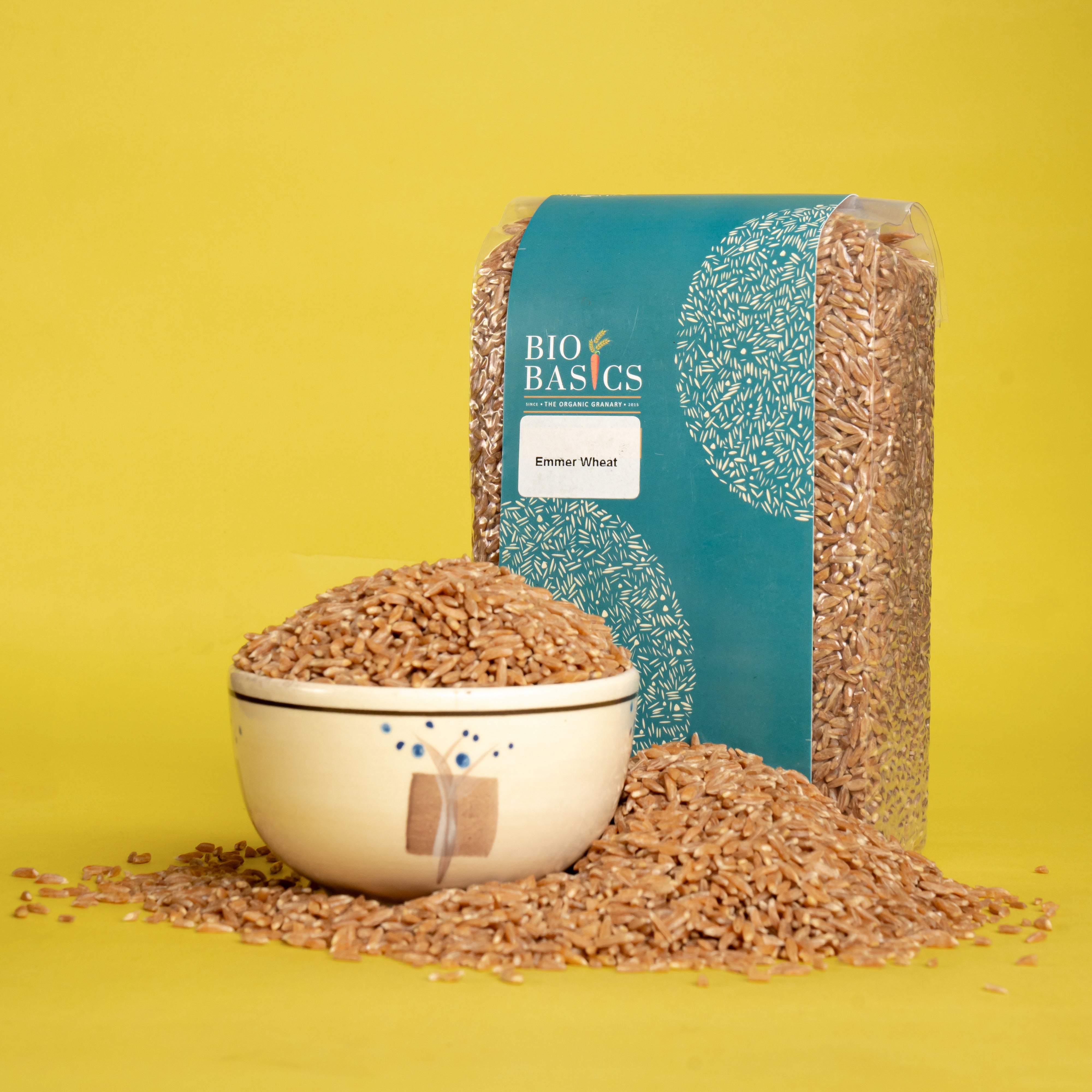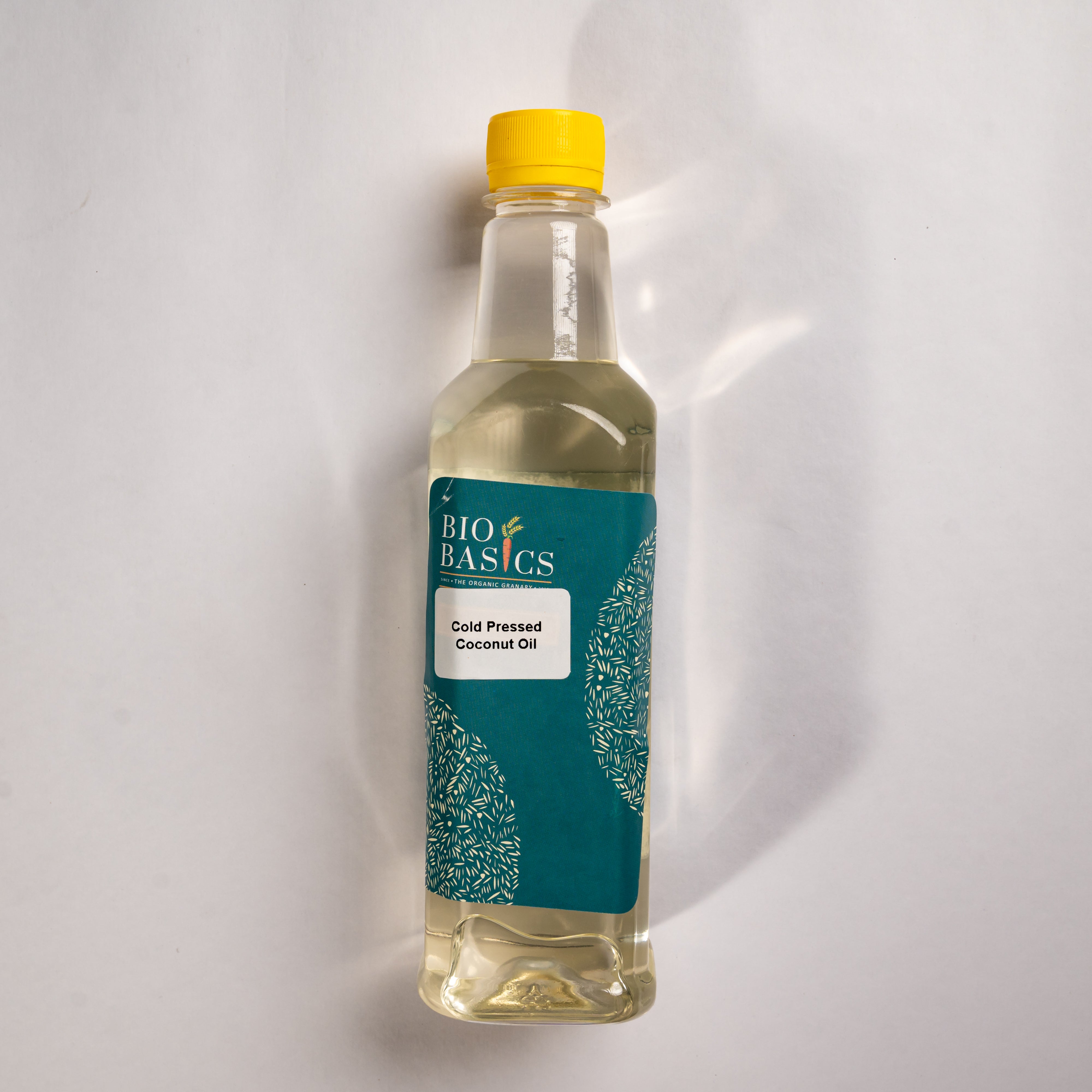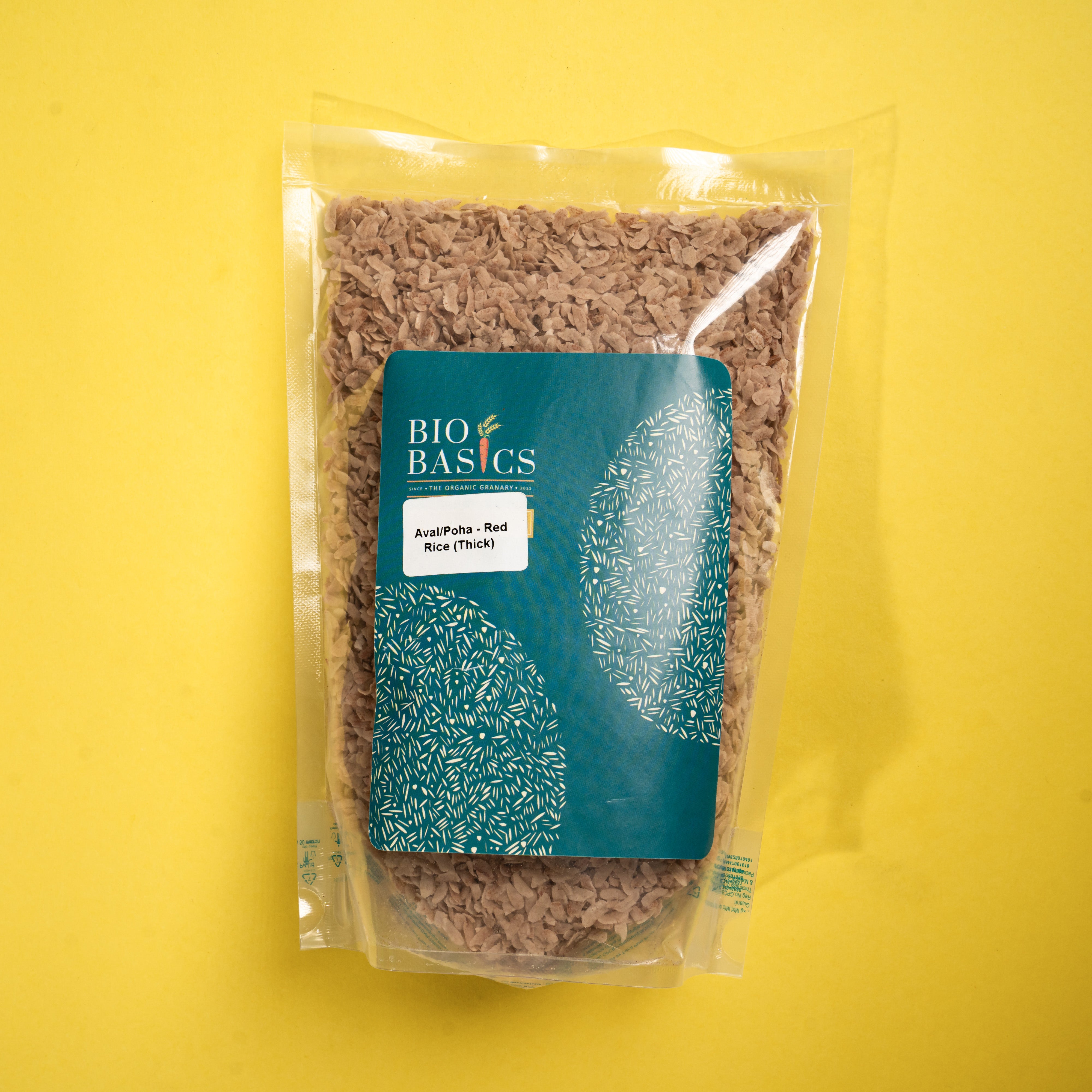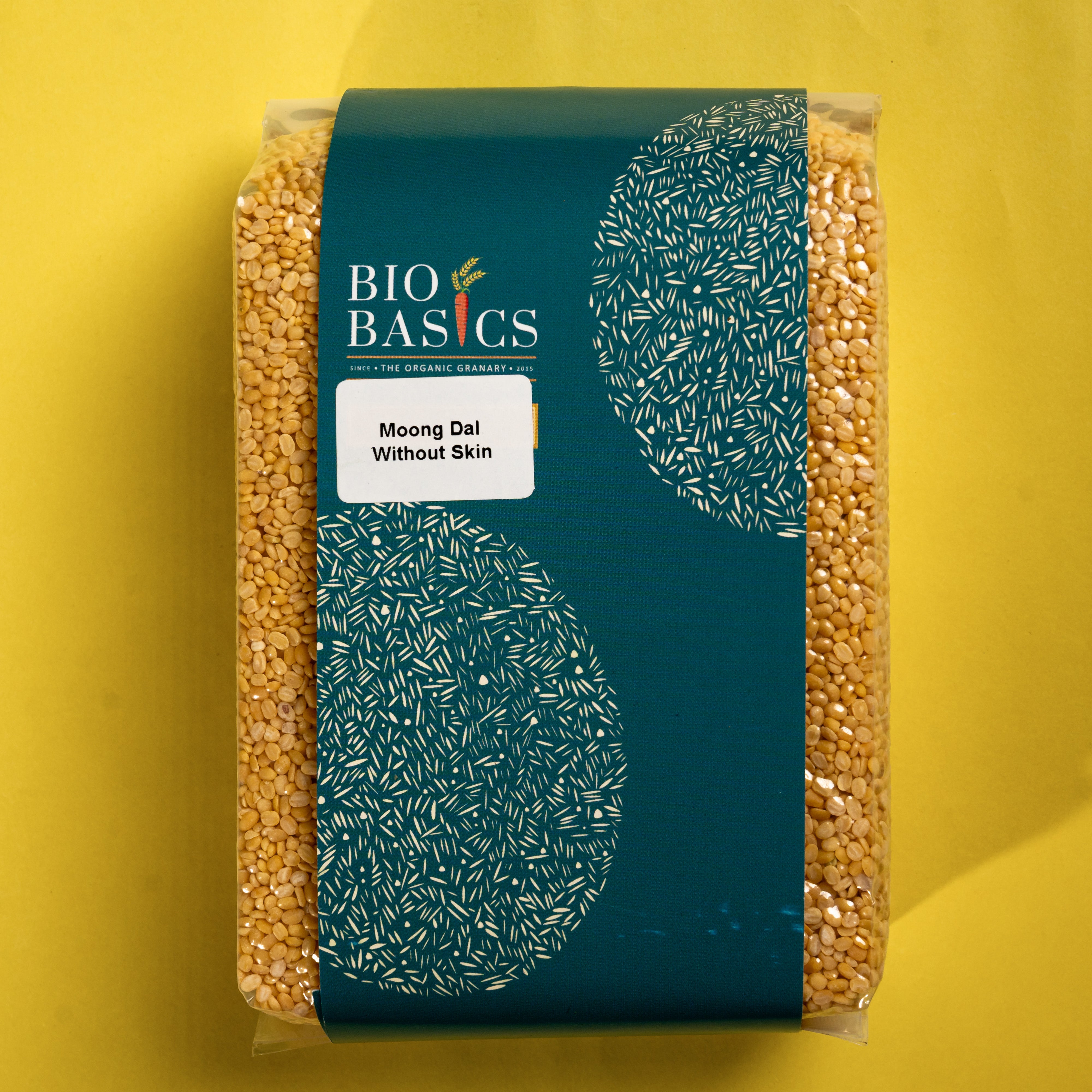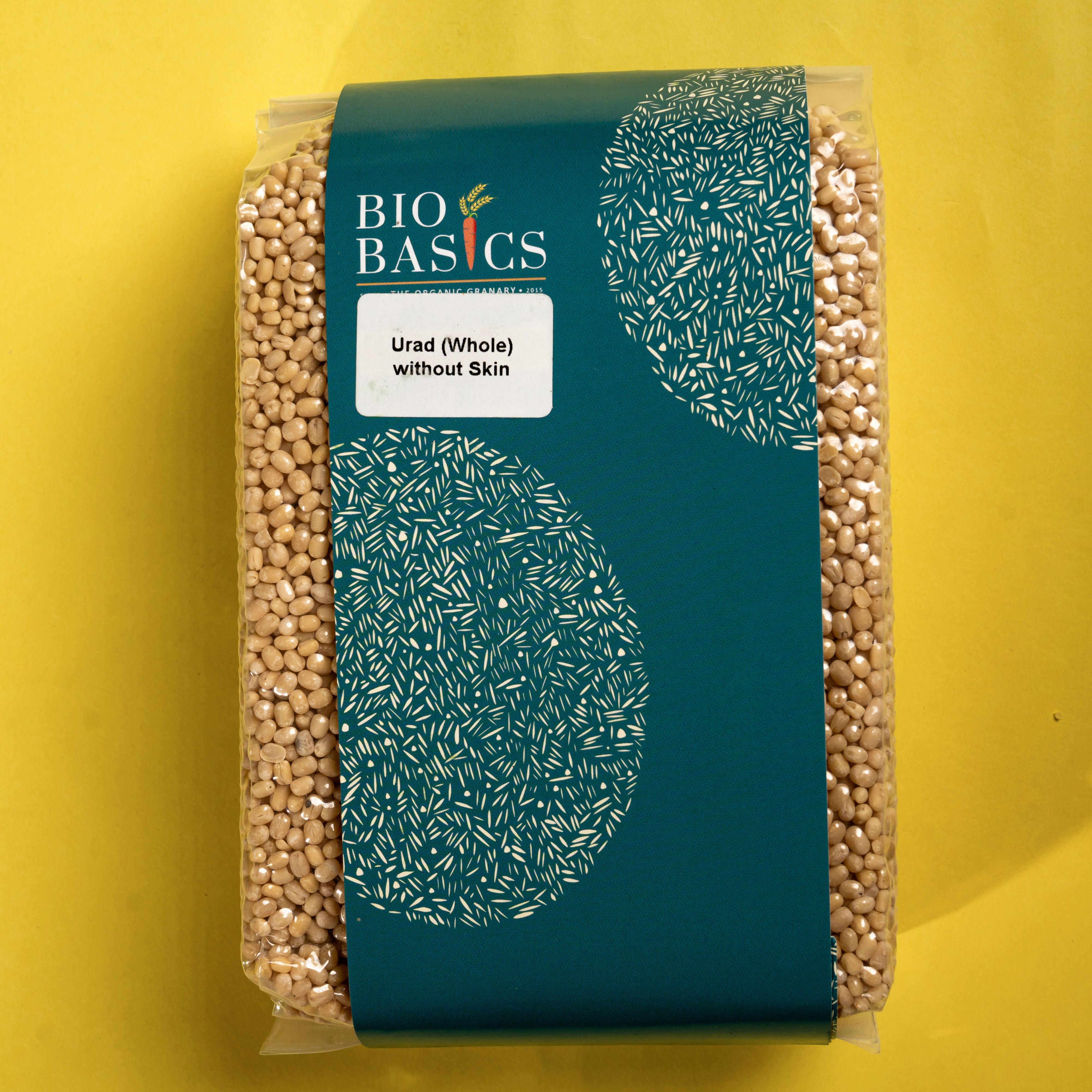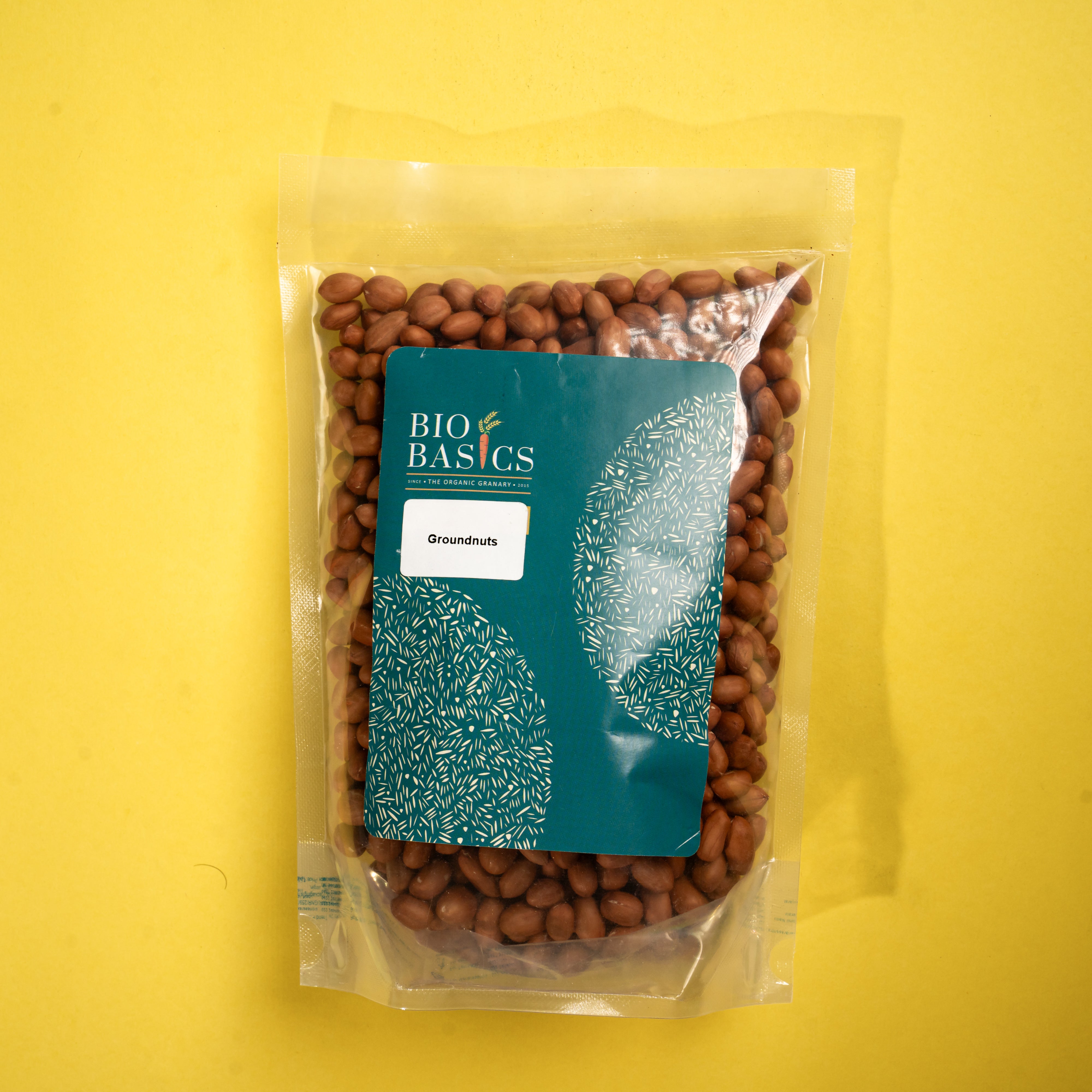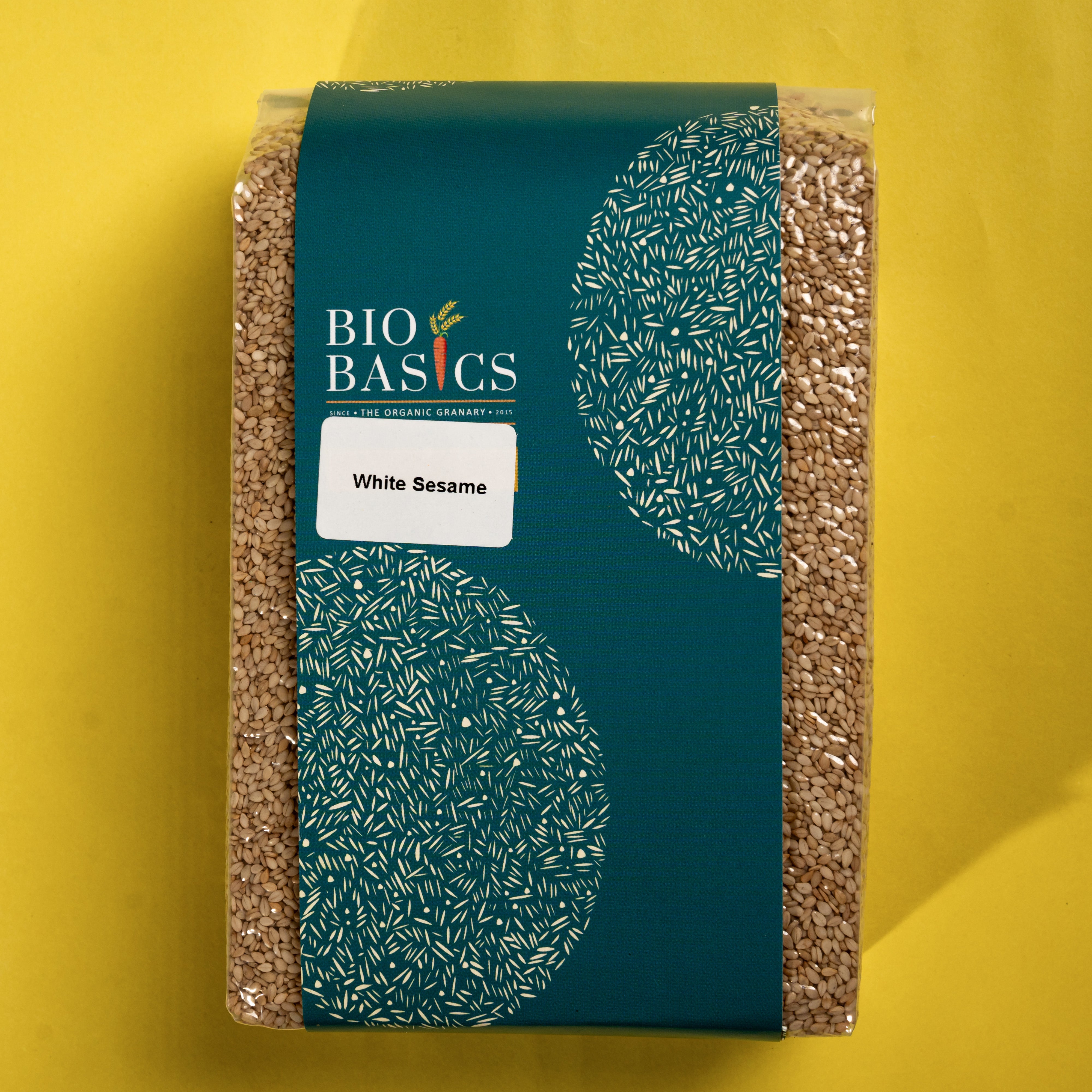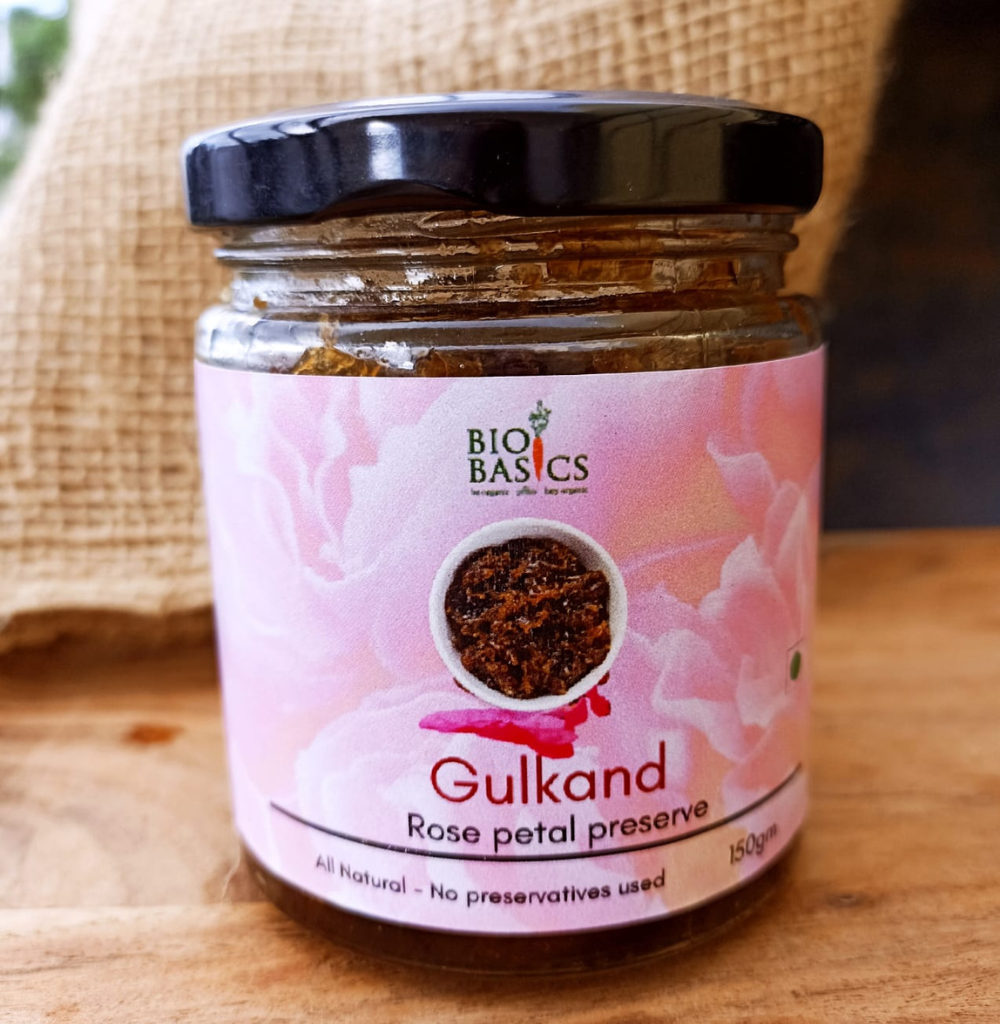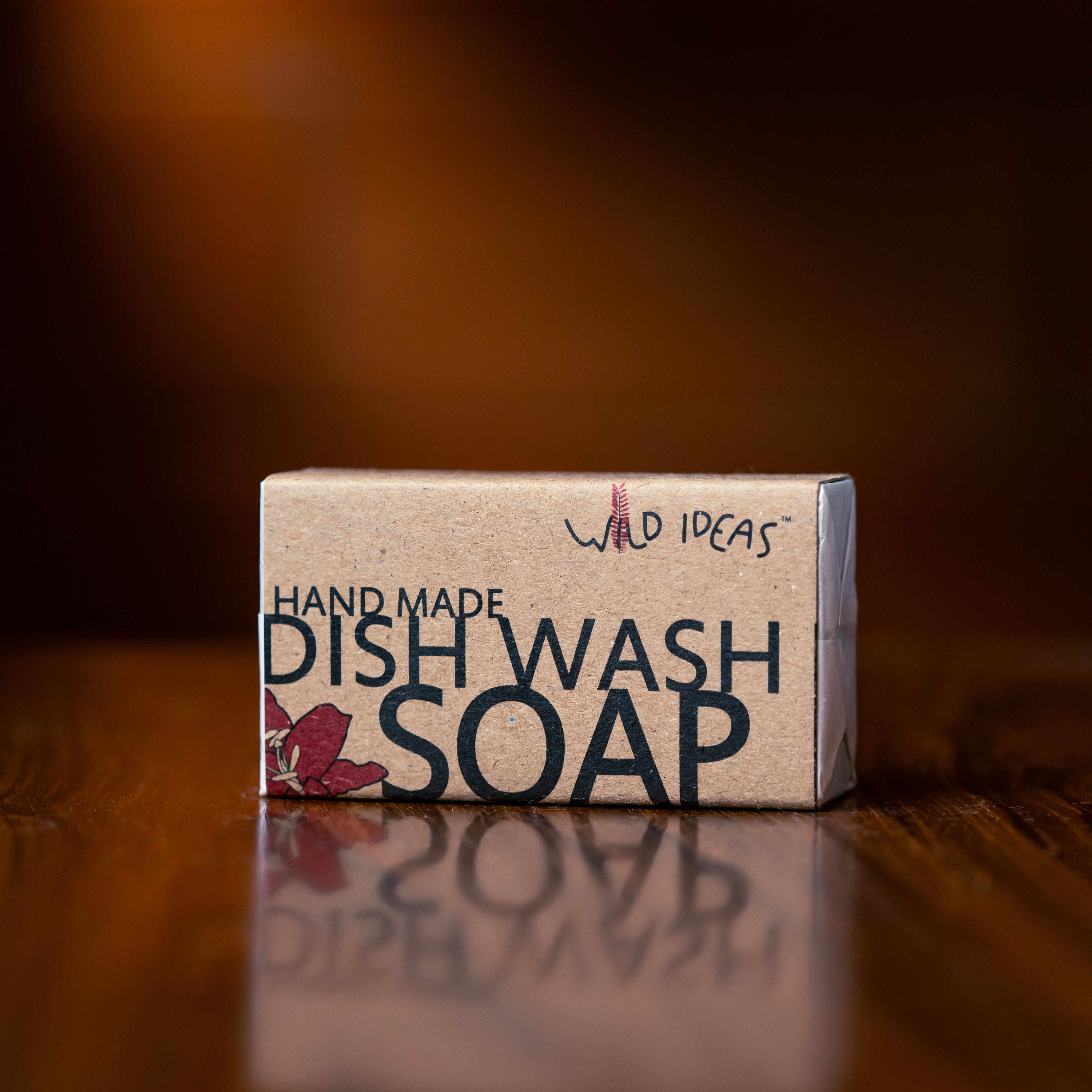Diwali of 2009. Mumbai. Fifteen years ago. A health episode I want to forget, but can’t.
As always, I enjoyed all the sweets that we got at home. Some gifts from friends as well.
After the dust (and all the smoke of crackers) settled, two days after Diwali, my body broke into rashes all over. Could not stop itching. Could not sleep for days. And days become weeks and months. Saw our allopathy GP, Nature care folks, then Homeo. Nothing could crack this, except time.
By Diwali of 2010, we were in The Netherlands, and sadly, the remnants of the symptoms continued there too.
Was it the pollution of the city? Or my new vegan diet? Or the sweets I probably ODed on that Diwali? We could not identify for sure, but my hunch? It was the sweets.
We dug deeper.
Most sweets are mainly a combination of 3 broad categories of items - grains, sugar and ghee (or any other version of dairy). Think Laddoos, Jalebis (my favorite), Peda, Petha and so on.
And most of us buy sweets from the market. Gone are those days when our parents used to make them at home with ingredients bought in advance, or as part of our regular grocery purchases.

And at times of high demand for these sweets across the country, across all sections of the society, two constraints hit the sweet makers.
One, supply. It becomes very difficult for brands to procure good quality ingredients just before Diwali. They have to rely on their sources, and get all that they can. Regardless of quality. Because the demand is huge. And for most brands specialising in sweets, this is India’s “Big Sale” day. They cannot afford to miss out on this. At least, not for the quality of ingredients. So spurious alternatives are probably rampant.
Mainly for sugar or sweeteners, which can range from the good (organic raw cane sugar, or palm sugar) to bad (white refined sugar) to ugly (liquid glucose, or HFCS - high fructose corn syrup), or worse, some spurious version of these.
And also for ghee, or oil, or any dairy product that goes into these sweets. Spurious versions make their way into supply chains driven by excessive demand, quick sales off the shelves and even quicker consumption, that don’t allow anyone to check for its safety.

Two, price. The competition is so hot for sweets and snacks across young and old, rich and poor, urban and rural, that any brand could be tempted to compromise to keep their prices under check, but maintain their margins.
In short, Diwali (or for that matter, any festival) is probably a bad time to step into the market for such processed food items.
The solution?
DIY: Verify and buy good quality (I recommend Bio Basics!) ingredients and make sweets/snacks at home, as our parents or grandparents used to. At least for most part.
Buy sweets & snacks from known reliable sources, who are into safe food and good health, and who are not just into sweets and snacks! Wait! Did I just describe Bio Basics?!

Here is the real commercial (the rest above were just product placement!) Bio Basics does offer good options to enjoy this Diwali - both for yourselves and your families, but also as gifts for folks you are fond of. Snacks you are unlikely to find anywhere else. Made from organic ingredients. Made by a farmers’ collective. Check them out.
So this festive season, invite Caution to your home, a good friend of Celebration!
Now if you will excuse me, I have to reach out for that Black rice murukku!

